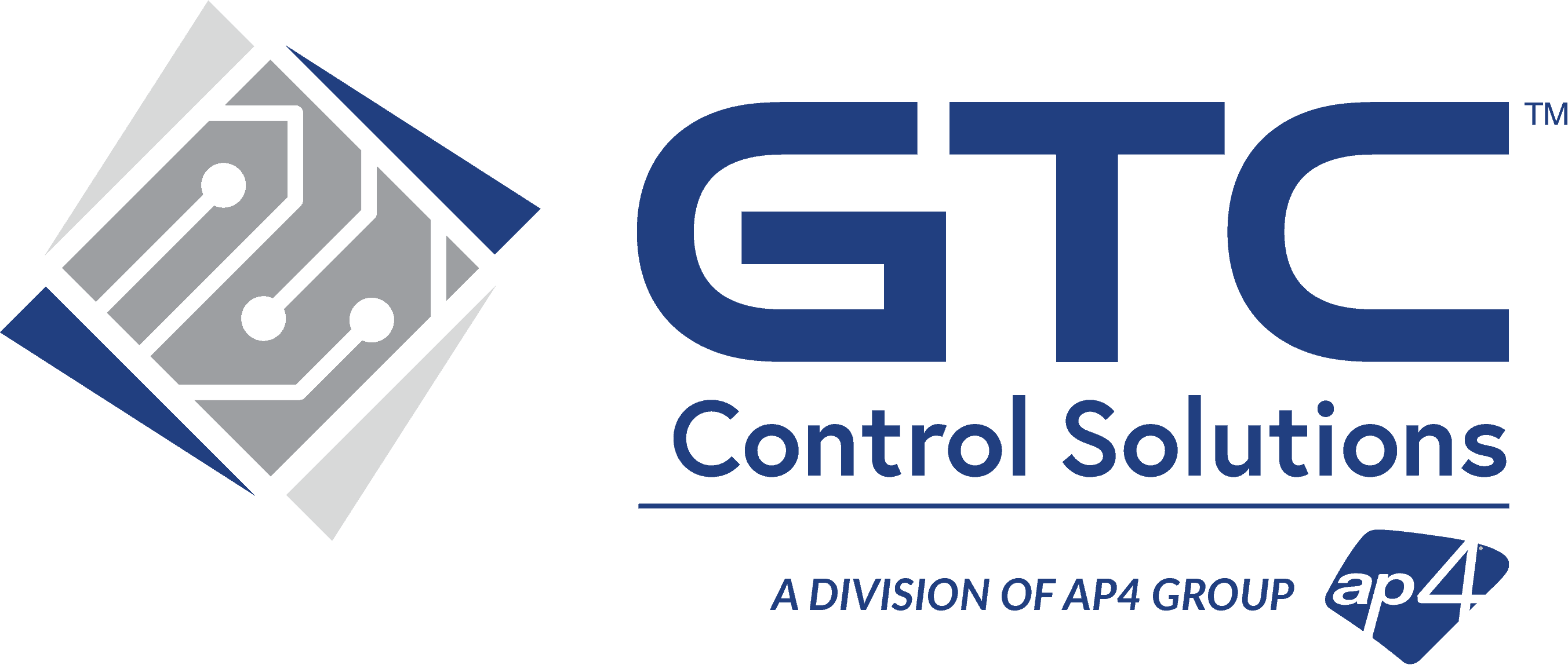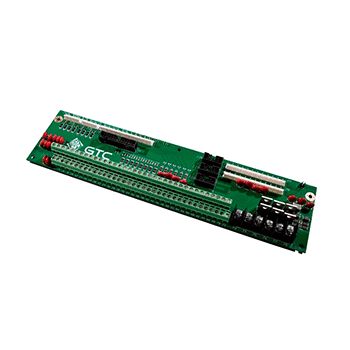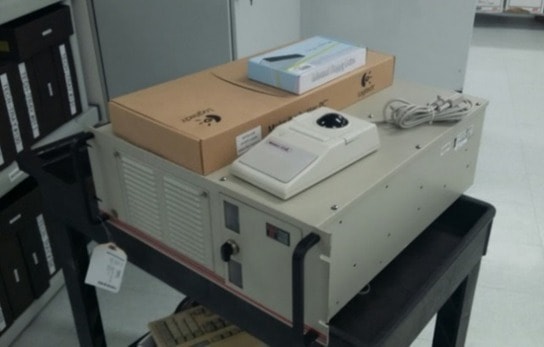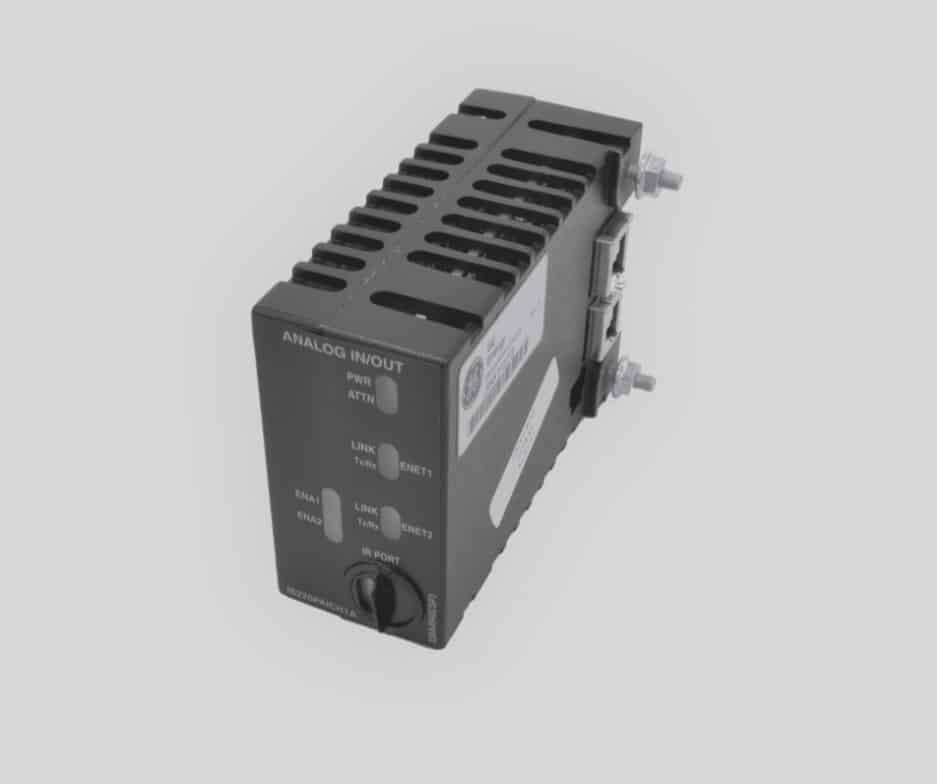TRAINING
GTC offers a variety of courses taught by knowledgeable instructors and practicing field engineers. You have the option of predefined seminars or fully customized classes to suit your specific requirements. These classes can be attended to refresh your knowledge of a system or to explore a system where you lack experience.
Our Case Studies come from actual customer questions and remote support calls, each solved by GTC. They provide unique insight and understanding, with direct application for practical tips or potential enhancements.
All of our trainings can be custom designed by our experts to meet your specific needs. Connect with a GTC Representative today to learn more about our custom offerings.
OPERATOR TRAINING
The Operator Training Courses are designed for operators, supervisors and technicians involved in the operation of Gas Turbines with the Turbine Control Panel (TCP). These courses provide fundamental tools to operate the Gas Turbine utilizing the TCP, and an introduction to theoretical aspects to further the self-learning process.
One of the fundamental objectives of each course is to teach the basic knowledge of identifying and determining the cause of Process and Diagnostic Alarms.
During the courses, we will also discuss Gas Turbine elements, main auxiliary systems, introduction to turbine protection, TCP hardware and more.
Click on one of the training opportunities below to inquire additional information.
ENGINEER & TECHNICIAN TRAINING
Building upon the fundamentals learned in the Operator Training Courses as a prerequisite, the engineer and technician courses are designed for personnel involved in the maintenance, configuration and calibration of the TCP.
One of the fundamental objectives of each course is to teach the basic knowledge of identifying and determining the cause of Process and Diagnostic Alarms in the TCP, and their relationship with the hardware.
During these classes, you will learn about the necessary tools to troubleshoot, configure and intervene the TCP, and an introduction to theoretical aspects to further the self-learning process. In addition, we will discuss Gas Turbine elements, Gas Turbine protection, TCP hardware, device calibrations and more.
Click on one of the training opportunities below to inquire additional information.
Online and OJT Training
We offer both Online & On-the-Job (OJT) Training to fit your specific needs. Please select the training option below to find out more information.
Excitation & LCI
EX2000 / EX2100 / EX2100e Generator Excitation System Training (3-day) Course Objective The course is designed to strengthen vital generator excitation control system troubleshooting skills and familiarize plant personnel with the powerful inner workings of their EX2000, EX2100 or EX2100e excitation system. Experience real world scenarios that take you from an alarm, to the software generating the alarm, to the logic behind it, and out to the actual device in the field. Learn to use the vital communications tools needed to more confidently operate, maintain, and troubleshoot your excitation system. All participants will receive, in electronic form, applicable literature and site-specific training material. The course is conducted onsite at your convenience, saving travel expenses and allowing us to focus on your exciter’s, and static starter’s particular configuration and your individual needs.
On-the-Job-Training (OJT)
Course Objective The objective of OJT is to share the Field Service Engineer’s (FSE) experience and knowledge with Site personnel (Site). In the fulfilment of their daily duties, Site has questions, or concerns regarding the operation, maintenance (routine, preventative and corrective) and troubleshooting of the equipment. Typical OJT questions are:
- Where do I find how device “A” is connected to the control system?
- How do I know where this alarm is coming from?
- How can I prepare a new screen in the control system to follow these signals?
- What is the procedure to calibrate the IGV LVDTs?
- How can I ensure that I have the current running software in the Turbine Control?
- How do I troubleshoot a ground fault?
- How to trace signals to do troubleshooting?
- What files are not required in the Operator Interface that I can safely delete?
- How do the speed and temperature control loops work?
- What happens when the unit is in Preselected Load with the Droop response?



